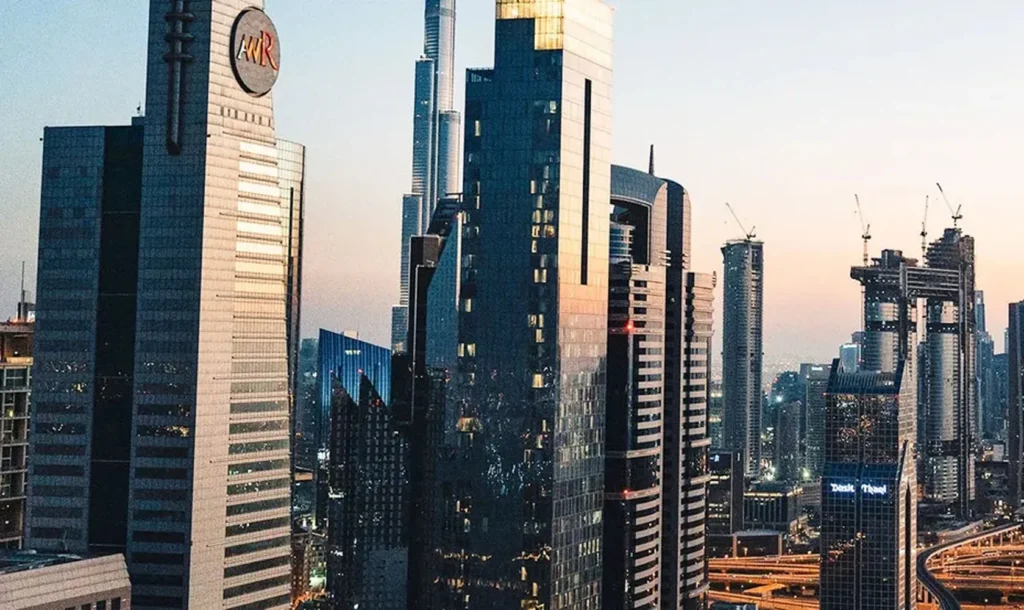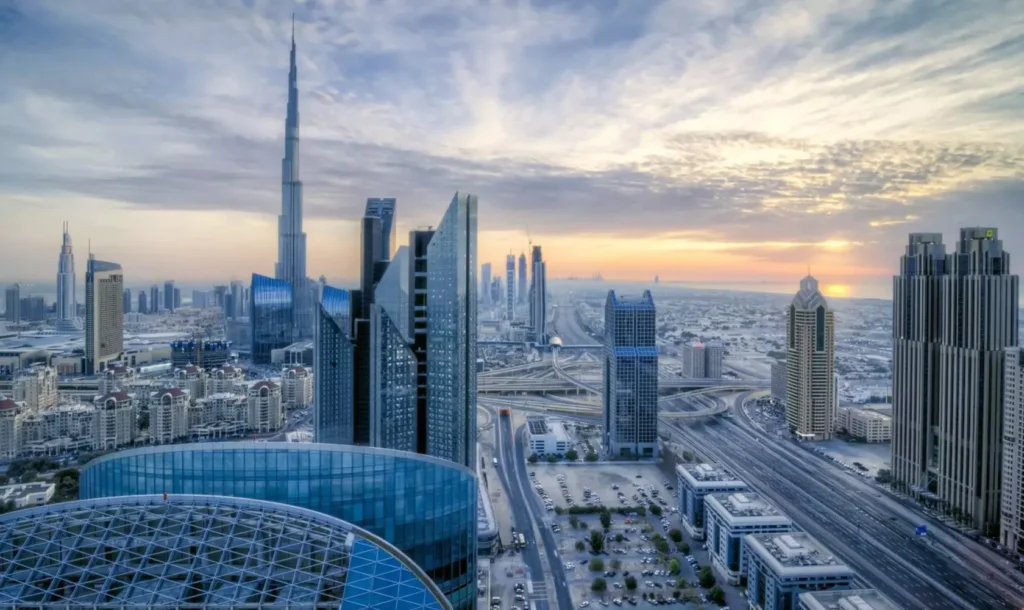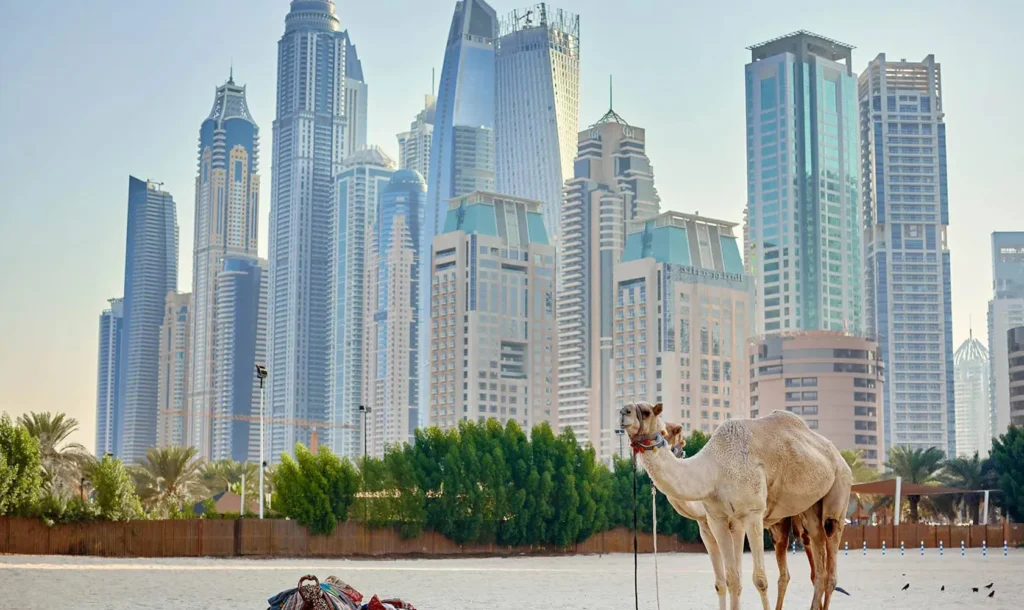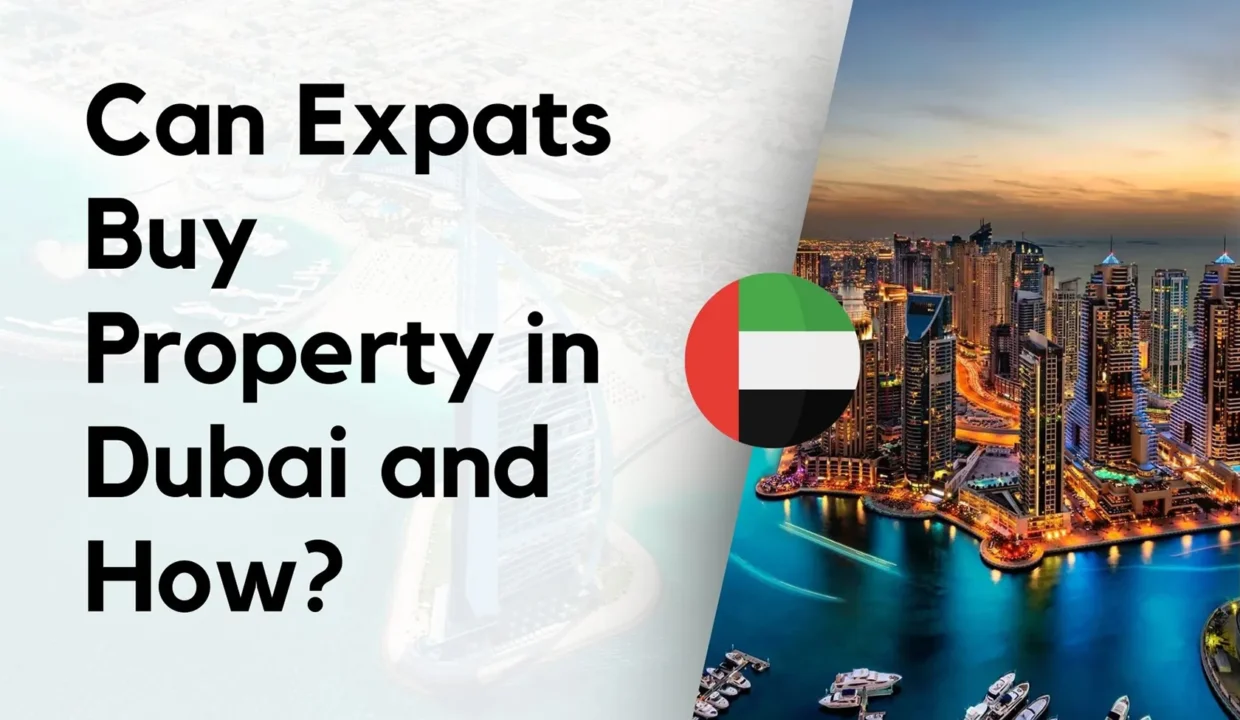Can Expats Buy Property in Dubai and How?
Dubai, the dazzling city of contrasts, beckons expats with its luxurious lifestyle, vibrant cultural tapestry, and thriving business environment. But beyond the glitz and glamour lies a question that weighs heavily on the minds of many – can expats actually buy property in Dubai? The answer, thankfully, is a resounding yes.
This comprehensive guide delves into the exciting prospect of expat property ownership in Dubai, outlining the legalities, benefits, and the step-by-step process involved.
Open Doors: Expat Eligibility for Property Ownership in Dubai
One of the most attractive aspects of Dubai’s property market is its openness to foreign ownership. Unlike some other emirates, Dubai allows expats to purchase property in designated freehold areas. This means you, as an expat, can own the property outright, similar to owning property in your home country.
Types of Ownership:
There are two main types of property ownership for expats to consider in Dubai:
- Freehold: This grants you complete ownership of the property and the land it sits on. It’s the most sought-after option for expats seeking a long-term investment or a permanent residence.
- Leasehold: This grants you the right to use the property for a specific period (typically 99 years). While less common, leasehold properties can be a good option in specific areas or for those seeking a temporary residence.

Designated Freehold Areas:
Foreign ownership is restricted to designated freehold areas within Dubai. Some of the most popular freehold areas for expats include:
- Downtown Dubai: Home to iconic landmarks like the Burj Khalifa and Dubai Mall.
- Dubai Marina: A waterfront haven offering stunning views and a vibrant atmosphere.
- Palm Jumeirah: The world-renowned palm-shaped archipelago with luxurious properties.
- Jumeirah Village Circle (JVC): A rapidly developing area with a variety of affordable options.
Benefits of Owning Property as an Expat:
There are numerous advantages to owning property in Dubai as an expat:
- Investment Potential: Dubai’s property market boasts a history of consistent growth, making it a potentially lucrative investment.
- Tax-Free Haven: Dubai offers a tax-free environment for property ownership and rental income.
- Passive Income Generation: Strategically chosen properties can generate a steady stream of rental income, making it a valuable source of income.
- Lifestyle Investment: Owning property grants access to Dubai’s world-class amenities, vibrant nightlife, and stunning beaches.
- Potential Residency Options: Depending on the property value, you might be eligible for residency visas, allowing you to live and work in Dubai.

The Process Explained: A Step-by-Step Guide for Expat Property Purchase
Now that you understand the eligibility and benefits, let’s explore the process of buying property in Dubai as an expat:
1. Appointing Your Trusted Guide: Finding a Reputable Real Estate Agent
Your journey begins with finding a licensed and RERA (Real Estate Regulatory Authority) registered real estate agent. A reliable agent can guide you through the entire process, source properties that meet your criteria, negotiate on your behalf, and ensure transparency throughout the transaction.
2. Research and Choose Your Ideal Property:
- Location, Location, Location: Consider factors like proximity to desired amenities, access to public transportation, community vibe, and future development plans in the area.
- Type of Property: Dubai offers apartments, villas, townhouses, and even commercial properties. Choose a property type that aligns with your lifestyle needs and investment goals.
- Market Research: Utilize online property portals, consult with your agent, and compare prices to ensure you’re getting a fair deal.
3. Making an Offer and Signing the Memorandum of Understanding (MOU):
Once you’ve found your dream property, your agent will help you craft a formal offer outlining the proposed purchase price and any contingencies. Upon acceptance by the seller, a Memorandum of Understanding (MOU) will be signed. This is a preliminary agreement with basic terms like the agreed-upon price.
4. Conducting Due Diligence: Ensuring a Secure Transaction
This crucial step involves a thorough investigation of the property and the seller. Here are some key aspects to consider:
- Title Deed Verification: Ensure the seller has full ownership rights and that the property is free of any outstanding mortgages or liens. Engage a reputable lawyer to conduct a title deed search.
- Property Inspection: Arrange for a professional inspection to assess the property’s condition and identify any potential issues that might require repairs or renovations.
- Developer Reputation (if buying off-plan): If considering an off-plan property (still under construction), research the developer’s track record, financial stability, and history of delivering projects on time and within budget.
5. Applying for a No Objection Certificate (NOC):
The seller needs to obtain a No Objection Certificate (NOC) from the developer, if applicable. This document confirms that there are no outstanding service charges or fees associated with the property.
6. Securing the Deal: Deposit Payment and Sale and Purchase Agreement (SPA):
Once due diligence is complete and you’re satisfied with the findings, you’ll proceed with paying a deposit (typically 10% of the purchase price). Subsequently, the Sale and Purchase Agreement (SPA) will be signed. This legally binding contract outlines all the terms and conditions of the sale, including the final purchase price, payment schedule, completion date, and any specific clauses regarding ownership transfer and handover procedures. Ensure a lawyer reviews the SPA thoroughly before signing.
7. Payment and Registration: Becoming a Property Owner
The remaining balance for the property is typically paid through a bank transfer upon completion of the sale. The property is then registered with the Dubai Land Department (DLD), officially transferring ownership to you. Registration fees are payable at this stage.
8. Factoring in Additional Costs:
Be prepared for additional expenses beyond the purchase price:
- Registration Fees: The DLD levies fees for property registration, typically a percentage of the purchase price.
- Agent Fees: Negotiate your agent’s fee beforehand. It’s usually a percentage of the purchase price.
- Government Fees: These may include Dubai Municipality fees.
9. Opening a Bank Account in Dubai:
Consider opening a bank account in Dubai to simplify future transactions related to the property, such as paying maintenance fees or collecting rental income.
10. Residency Considerations:
While owning property doesn’t automatically grant you residency, depending on the property value, you might be eligible to apply for an investor visa. This can be particularly beneficial if you intend to live and work in Dubai or establish a business presence there.

Essential Considerations for Expat Property Ownership
Financing Options:
Securing financing for property purchases in Dubai can be challenging, especially for non-residents. Explore various options, including mortgages from international banks operating in Dubai or developer-backed payment plans. Be aware of interest rates and associated costs before committing to any financing option.
Long-Term Perspective:
The Dubai property market, while generally on an upward trajectory, can experience fluctuations. Approach your investment with a long-term perspective and diversify your investment portfolio.
Exit Strategy:
Consider your long-term plans. Do you intend to live in the property, rent it out for income, or eventually sell it? Having a clear exit strategy will guide your decision-making throughout the process.
Seeking Professional Advice:
Consulting with a qualified lawyer and a reputable real estate agent specializing in expat property purchases is crucial. They can provide invaluable guidance on legalities, market trends, and navigating the intricacies of the process.
Owning Property in Dubai as an Expat
By understanding the legalities, benefits, and the step-by-step process outlined above, expats can confidently embark on the exciting journey of owning property in Dubai. Remember, thorough research, professional guidance, and a well-defined investment strategy are key to making a successful property purchase in this dynamic and ever-evolving city. So, whether you seek a luxurious haven, a lucrative investment, or a permanent residence under the desert sun, Dubai welcomes you to explore the possibilities of expat property ownership.


